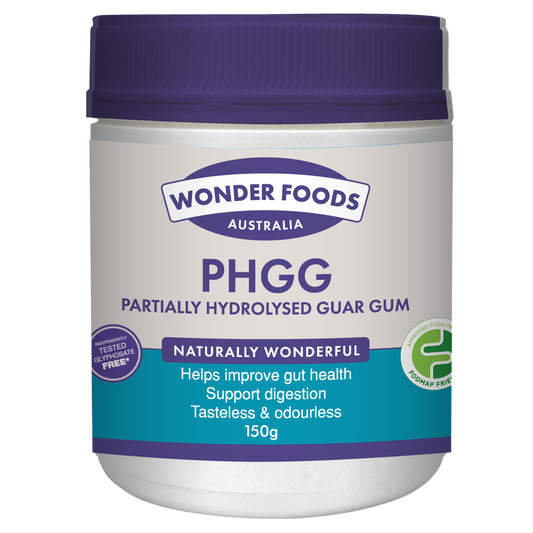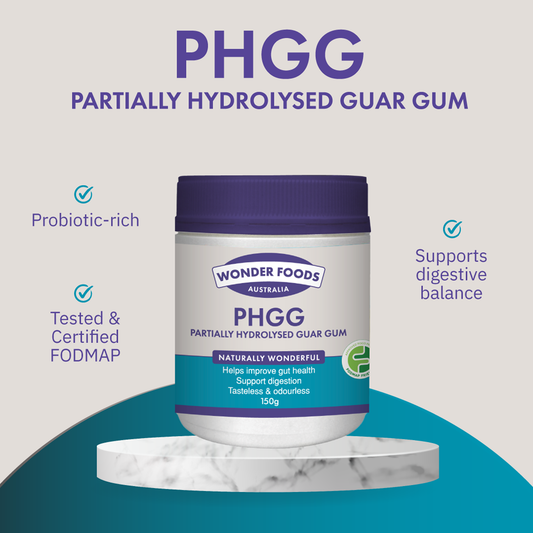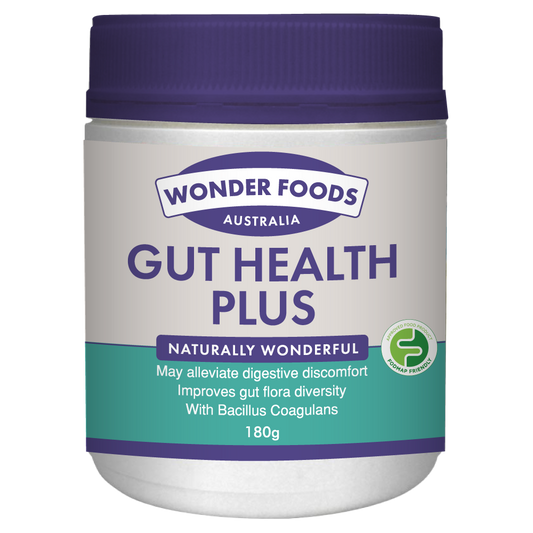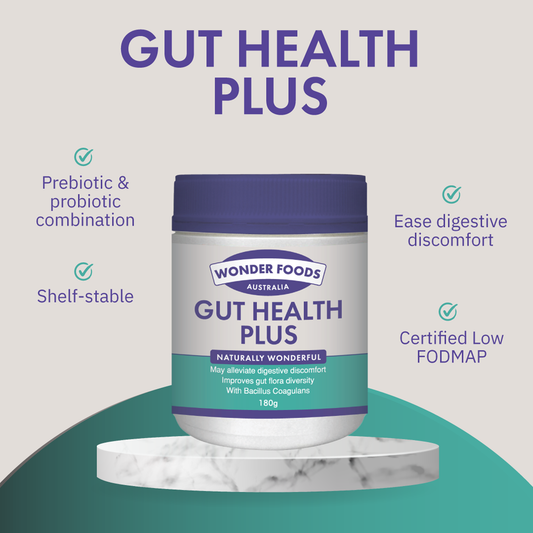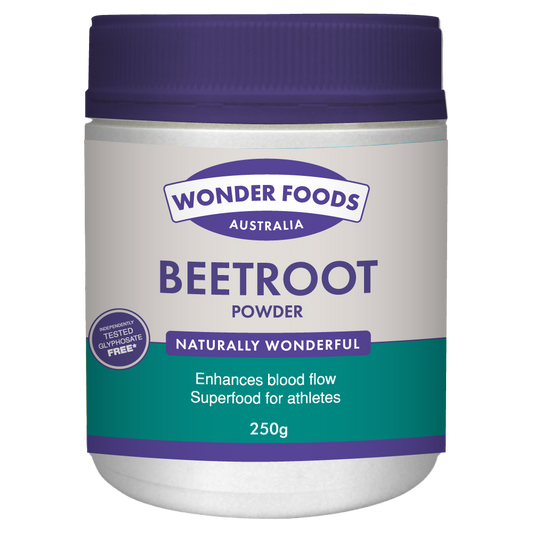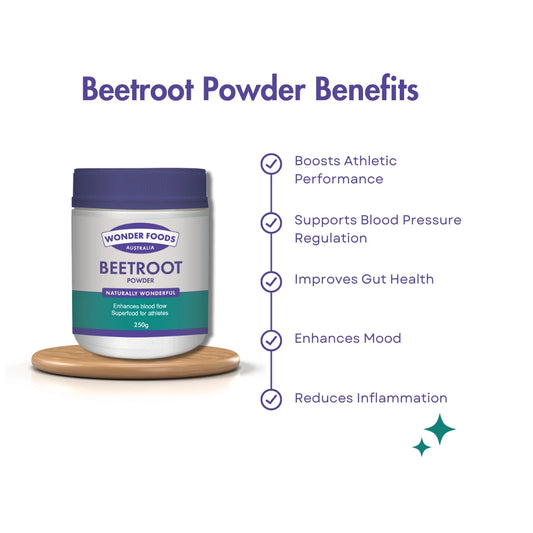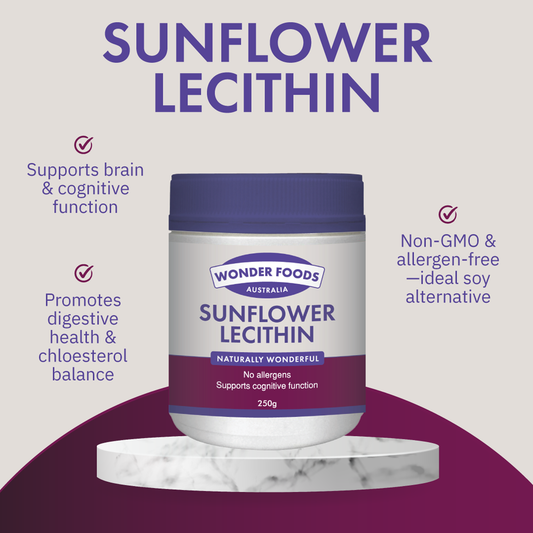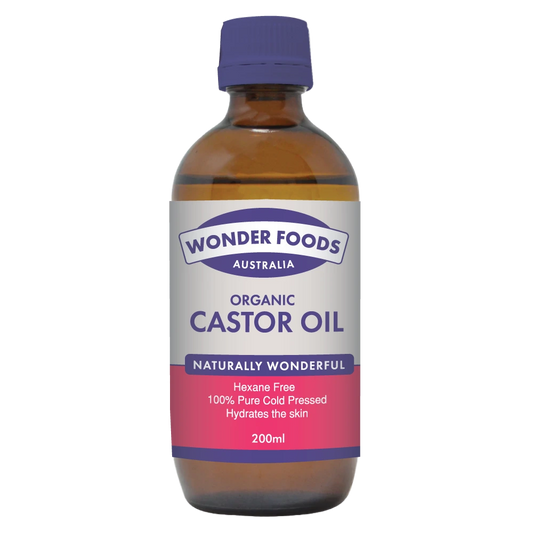
Glutamine - Benefits for Women's Health
Glutamine (aka L-Glutamine) is a powerful amino acid that plays a crucial role in maintaining overall health, particularly in women.
We will delve into the benefits of glutamine supplementation, highlighting its importance for gut health, immune function, and overall well-being.
We will reference several scientific studies to provide you a well-rounded understanding of this essential nutrient.
What is Glutamine?
Glutamine is the most abundant amino acid in the human body, involved in numerous vital functions.
It is classified as a "conditionally essential" amino acid, meaning that while the body can produce it, certain conditions such as stress, illness, or intense exercise can deplete its levels, necessitating supplementation.
The Role of Glutamine in Gut Health
The gut is often referred to as the second brain, and maintaining its health is crucial for overall well-being.
Glutamine plays a pivotal role in gut health by promoting the growth and maintenance of the intestinal lining.
A study published in the International Journal of Molecular Sciences highlights glutamine's role in reducing the ratio of harmful bacteria in the gut and boosting beneficial bacteria.
This balance is essential for preventing conditions such as leaky gut syndrome, SIBO or other gut issues which can lead to systemic inflammation and a host of other health issues.
Another study in the International Journal of Molecular Sciences discusses how glutamine promotes enterocyte (intestinal cell) proliferation, regulates tight junction proteins, and suppresses pro-inflammatory pathways in the gut .
These actions help protect the intestinal lining from damage, reduce inflammation, and improve nutrient absorption.
And, in a nice knock-on effect from having improved gut health, there is growing evidence that your skin health may improve too.
Glutamine and Immune Function
Glutamine is indispensable for a robust immune system.
During periods of stress or illness, the body’s demand for glutamine increases.
The amino acid is vital for the functioning of immune cells such as lymphocytes, macrophages, and neutrophils.
According to a review in Nutrients, glutamine supports lymphocyte proliferation, cytokine production, and the bactericidal activity of neutrophils .
In catabolic states (where the body is breaking down tissue, such as during illness or after surgery), glutamine becomes essential for maintaining immune function.
This is supported by a study in the Yonsei Medical Journal, which emphasises glutamine’s role in immune health, especially in critically ill patients .
Supplementation can help prevent infections and support recovery during these times.
Glutamine for Muscle Health and Recovery
For women who engage in regular exercise, especially intense or prolonged sessions, glutamine is crucial for muscle recovery and reducing exercise-induced muscle soreness.
It helps in the synthesis of proteins and the repair of muscle tissues. Glutamine also helps in glycogen storage, ensuring that muscles have adequate fuel for subsequent workouts.
A review in Nutrients discusses how glutamine metabolism in key organs supports overall health and highlights its importance in conditions of metabolic stress such as exhaustive exercise .
For active women, maintaining adequate glutamine levels can mean faster recovery times and better performance.
Glutamine and Chronic Diseases
Glutamine’s benefits extend beyond gut and immune health. It also shows promise in managing chronic diseases.
The International Journal of Molecular Sciences review discusses glutamine’s potential in treating conditions like obesity and the side effects of chemotherapy .
By modulating gut microbiota and reducing inflammation, glutamine can help manage these complex conditions.
Moreover, glutamine’s role in reducing oxidative stress and inflammation makes it a valuable nutrient for preventing chronic inflammatory diseases, including diabetes.
A review in the International Journal of Molecular Sciences outlines the potential of glutamine in modulating immune responses and improving gut health, both of which are critical in managing diabetes .
Who Should Supplement with Glutamine?
Given its wide range of benefits, who should consider glutamine supplementation?
- Active Women: Those who engage in regular physical activity or intense training can benefit from glutamine to enhance recovery and reduce muscle soreness.
- Individuals with Gut Issues: Women suffering from gut disorders like IBS, Crohn’s disease, SIBO or leaky gut syndrome may find relief with glutamine supplementation.
- Those Undergoing Stress: During periods of physical or emotional stress, the body’s demand for glutamine increases. Supplementing can help maintain immune function and overall health.
- Post-Surgical or Ill Patients: For those recovering from surgery or severe illness, glutamine can support immune function and speed up recovery.
How to Supplement with Glutamine
The dosage can vary based on individual needs and health conditions, but a typical dose ranges from 5 to 15 grams per day.
It’s important to consult with a healthcare provider before starting any new supplement regimen, especially for those with underlying health conditions or who are pregnant or breastfeeding.
Summary: Benefits of Glutamine
Glutamine is a versatile and essential amino acid with numerous health benefits, particularly for women.
It supports gut health, strengthens the immune system, aids in muscle recovery, and may help manage chronic diseases.
Whether you're an active woman, someone dealing with gut issues, or recovering from illness, glutamine supplementation could be a valuable addition to your health regimen.
By understanding and utilising the benefits of glutamine, women can enhance their overall well-being and resilience against various health challenges.
DISCLAIMER: We recommend consulting your healthcare practitioner to ensure our supplements & products align with your health needs.



